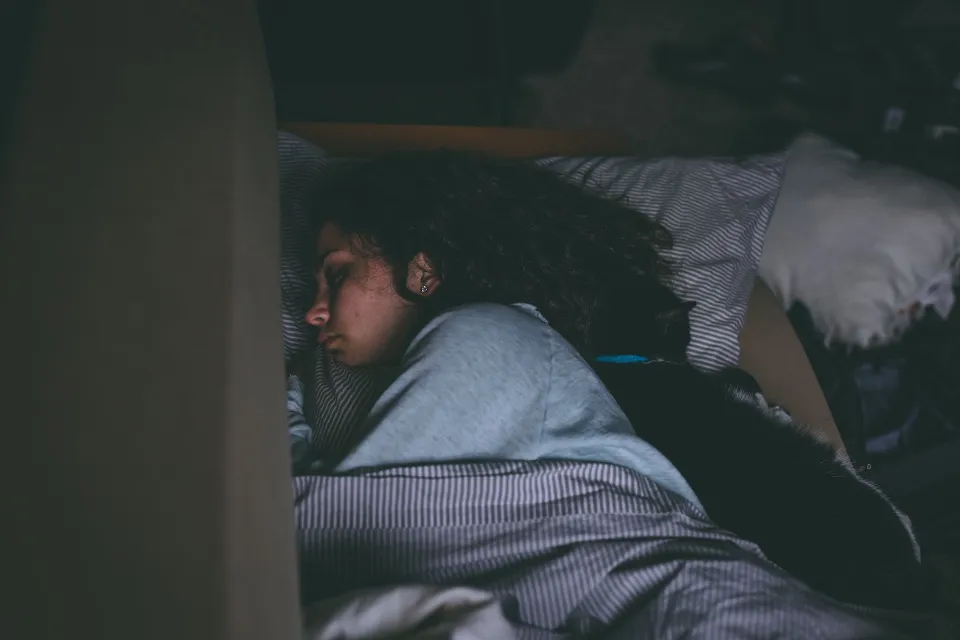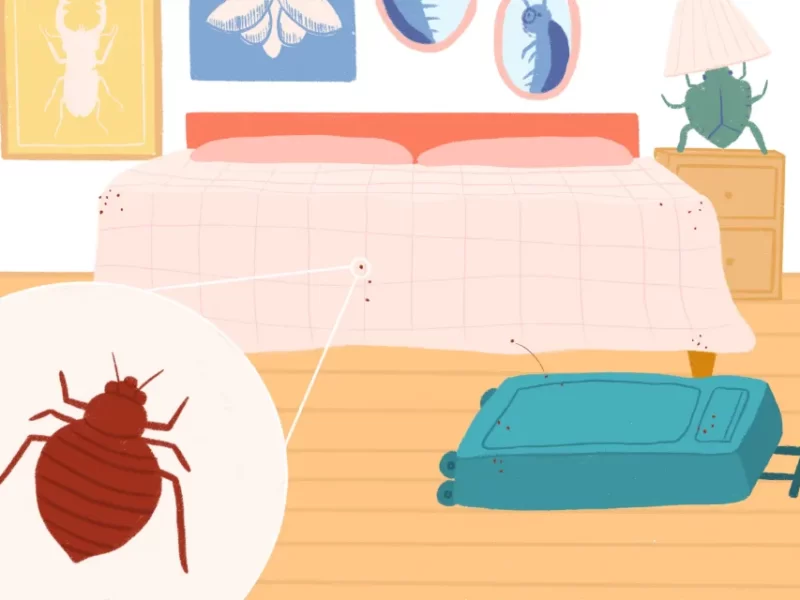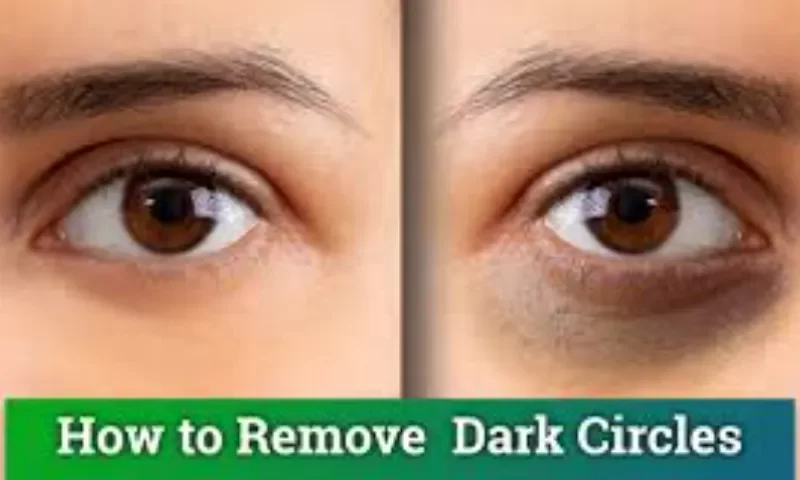It’s saliva from the extra saliva that came out of your mouth while you slept if you wake up in the morning and discover a wet cloth on your pillow. Everyone regularly produces saliva, even while they sleep, and as a result, some people occasionally drool.
Drooling while you sleep is typical in many situations. Saliva production varies throughout the day, which might be influenced by circadian rhythms. The production of saliva continues while you sleep, despite the fact that it typically increases during the day and decreases at night.
Find out why you snore at night while you sleep in the article that follows, along with what this means for you.
Read more: Why Do Old People Moan in Their Sleep—Causes&Treatments – Elder VIP
Is Drooling During Sleep Normal?
Drooling while you sleep is typical in many situations. Saliva production varies over the course of a day, perhaps according to a circadian rhythm. Even though saliva production tends to increase during the day and decrease at night, it still happens while you sleep. This saliva performs the important task of keeping your mouth and throat lubricated which is required for good health. Continued saliva production during sleep makes drooling possible.
Even though drooling while you sleep is frequently normal, it can sometimes have unfavorable effects. For instance, excessive drooling can lead to dehydration, bad breath, chapped lips and mouth, and feelings of embarrassment.
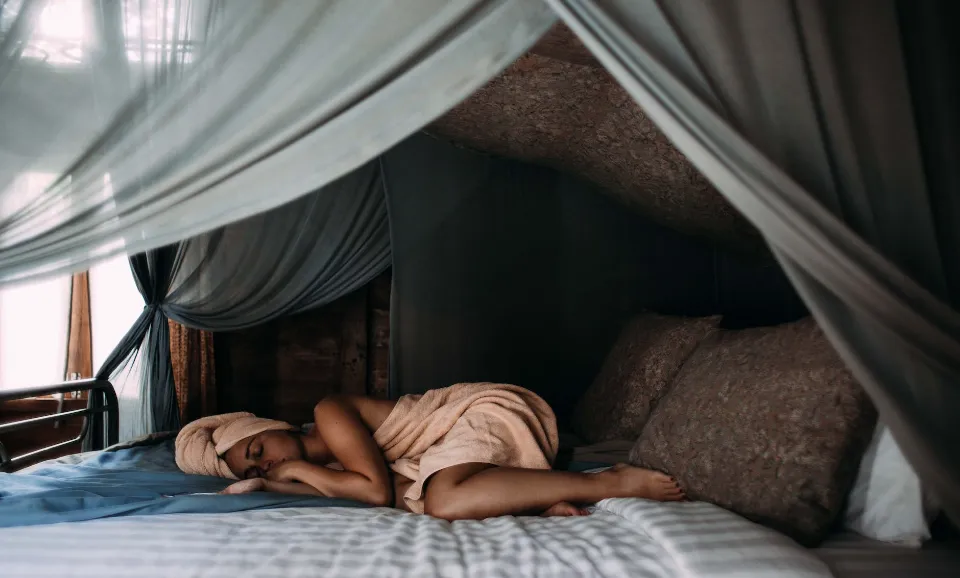
Why Do We Drool When We Sleep?
Bad Sleep Position
Gravity’s pull increases the likelihood that saliva will fall out of your mouth while you sleep if you sleep on your stomach or side.
Dry Mouth
According to Patel, salivary glands become active to lubricate a dry mouth. Therefore, those glands may produce more saliva if you’re dehydrated or are sleeping with your mouth open, which could cause you to drool while you’re asleep.
Acid Reflux
According to Patel, excessive salivation is a symptom of acid reflux in some people. Since eating a large dinner and going to bed can both make acid reflux worse, this may cause drooling while you’re trying to sleep.
Allergies and Infection
Your body produces more saliva when you have an upper respiratory infection or seasonal allergies. According to Dr., doing so may help clear out irritants or germs from your mouth, throat, and nose, but it may also increase the likelihood that you will drool while you sleep. Director of the Staten Island University Hospital’s Institute for Sleep Medicine, Thomas Michael Kilkenny.
Allergies can also cause a blocked nose, which forces you to breathe through your mouth. This may cause it to become dry and start producing saliva while you’re asleep.
Sleep Apnea
Sleep apnea is a condition that impairs people’s ability to breathe while they sleep. According to Patel, this can lead to irregular breathing patterns that make people breathe through their mouths and raise their risk of drooling while they sleep.
Additionally, because sleep bruxism, or teeth grinding during sleep, stimulates the salivary glands, it is more common in people with sleep apnea. Drooling may result from this condition.
Neurological Disease
According to Kilkenny, any neurological condition that affects the nervous system can impair your ability to swallow, make it difficult for you to keep your mouth closed at night, or affect your ability to produce saliva.
Because of that, Parkinson’s disease, cerebral palsy, and stroke can all increase the risk of drooling at night. If you have one of these conditions, you’ll also notice other symptoms of neurological disease like headaches, changes to your memory or cognitive ability, or tremors.
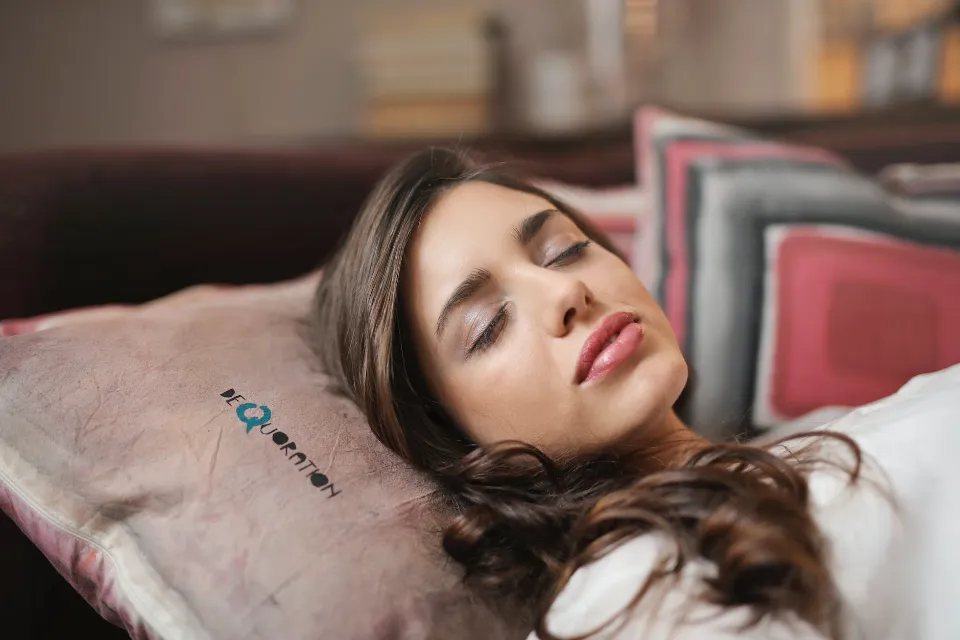
Medication Side Effects
Some medicines cause you to produce more saliva. You may drool more frequently at night as a result of this drug-induced sialorrhea, also known as hypersalivation. These medications are:
- Antipsychotic medications including risperidone or clozapine
- Cholinergic agonists that are used to treat dementia
How to Stop Drooling When We Sleep?
Adjust Sleep Position
Changing up your sleeping position is the first thing to try. You’ll be able to better control the flow of your saliva by sleeping on your back, preventing it from running down your face or soaking your pillow. It may be more difficult for you to breathe when you’re in a new position, which is why you’re having trouble sleeping on your back. Take note of whether you’re feeling “stuffy” or if you get acid reflux while you’re trying to sleep on your back. To determine whether there is a deeper issue, you may only need to pay attention to how you feel as you drift off to sleep.
Home Remedies
Maintaining a balanced amount of saliva in your mouth is crucial. According to the American Dental Association, saliva is essential in preventing infection in your body.
Take a bite of a lemon wedge if you’re trying to curb your salivation. Citrus, according to some, can thin your saliva, preventing salivary pools. You might also consider drinking more water, as staying hydrated will thin out the saliva you produce.
Botox Injections
Some people opt to approach hypersalivation forcefully. One treatment is to inject Botox into the saliva glands that surround your mouth. This keeps the glands from overproducing saliva. The Botox will eventually wear off, and your glands will resume normal function, making this treatment temporary.
CPAP Machine
You must get treatment if the drooling points to sleep apnea. The continuous positive airway pressure (CPAP) machine is the most frequently advised treatment for sleep apnea. With the aid of a CPAP machine, you can ensure that you are breathing correctly and are positioned safely while you sleep. A sleep apnea treatment expert can advise you on how to prevent drooling while using your CPAP machine.
Surgery
The removal of your salivary glands may be advised by a doctor in some circumstances. People who require saliva gland removal typically have much more serious neurological conditions than simple sleep drooling. Although these surgeries are typically effective at reducing hypersalivation, those considering surgery for this symptom is advised to try other treatments first.
Conclusion
Normally, drooling while you sleep is not a big deal. But if you experience any sudden changes or drooling that disrupts your sleep, call your doctor right away. Along with the aforementioned lifestyle modifications, more aggressive drooling treatments are also readily available, such as prescription drugs that lessen salivation and assist in reducing nighttime drooling.

